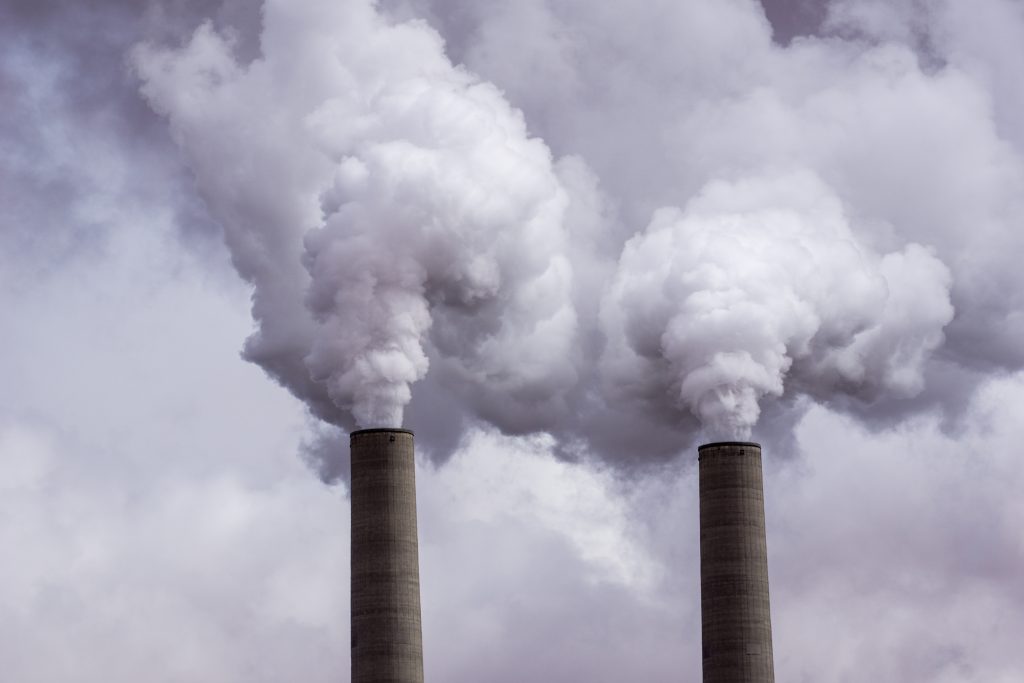
- ARAB NEWS
- 01 Aug 2025

TOKYO: Weighing its cooperation with the United States and European countries, the administration of Japanese Prime Minister KISHIDA Fumio has made tough decisions to stop coal imports from Russia and expel Russian diplomats as fresh sanctions on Moscow.
As these measures will be bound to affect people’s lives, Japanese ruling coalition officials are voicing concerns ahead of this summer’s election for the House of Councillors, the upper chamber of the Diet, Japan’s parliament.
“We have to strictly pursue the responsibility for the barbarous acts. Japan will ban coal imports from Russia,” Kishida said at a press conference Friday.
The Japanese government had been gradually expanding its sanctions on Russia since late February, when Russia started to invade Ukraine, but had consistently stopped short of going as far as to decide on restricting Russian coal imports partly out of concern over a serious economic impact on Japan, which depends on fuel from Russia to a certain extent.
A coal import ban could be “a sanction on Japan, not on Russia,” so energy-related sanctions will be impossible, a source at the prime minister’s office said Monday.
The atmosphere changed later as the United States and European nations began to act quickly, with the European Union announcing a plan to ban coal imports from Russia. “Japan may decide sanctions in the energy field,” one source said.
After the leaders of the Group of Seven major countries, including Japan, issued a statement Thursday vowing to expedite their plans to reduce reliance on Russia for energy, including “phasing out and banning Russian coal imports,” the source at the prime minister’s office flip-flopped, saying that “Japan now has no choice but to keep in step with” its G-7 partners.
The government is worried that coal import restrictions will badly affect the Japanese economy, which has already been seriously hurt by the fallout of the novel coronavirus pandemic.
Japan depends on Russia for 13 pct of coal used for power generation and 8 pct for coal for steelmaking.
A government official said that a tough race for coal from other countries is expected. Another official warned, “Power outages could occur across Japan unless a transitional period is set.”
Some are concerned that Japan could be pressured to withdraw from the Sakhalin-1 and Sakhalin-2 natural gas and oil projects off the Russian Far East island as a further sanction on Russia.
At Friday’s press conference, Kishida did not mention a specific timing of Japan banning coal imports from Russia. On the possibility of banning oil and natural gas imports, he said only, “We will lower out reliance on Russia for energy as a whole.”
Concerns are growing in the ruling bloc ahead of the summer’s Upper House election.
“I expect the public to understand (the coal import ban) if we explain that the measure is for the sake of Ukraine,” a senior official of the Liberal Democratic Party said. But the official added that frustration would grow if the impact from the measure lasts long.
An official of Komeito, the coalition partner of the LDP, stressed the need for the government to compile a supplementary budget before the Upper House election, saying, “The administration would come under fire unless it takes sufficient measures (to mitigate the negative impact).”
Japan also decided to expel diplomats at the Russian Embassy in Tokyo.
Many government officials had been cautious about the step, which could prompt Moscow to take the same measure against Japan. Such retaliation by Moscow would have an impact on the protection of Japanese citizens in Russia, a senior Foreign Ministry official said, but Tokyo ended up following in the footsteps of European countries that have already decided to expel Russian diplomats.
Some LDP lawmakers lauded the tough Japanese measure against Russia.
Meanwhile, an LDP member who has served as a cabinet minister said, “It’s not wise for Japan to let its diplomatic channels with Russia shrink.”
JIJI Press